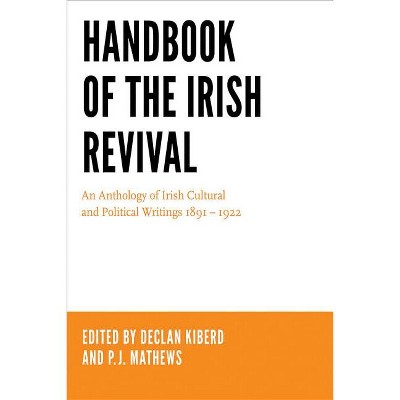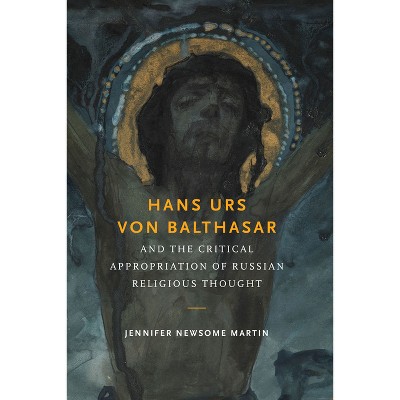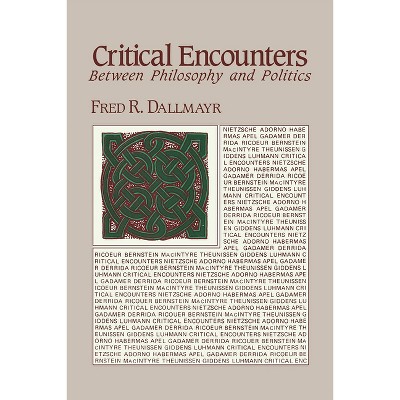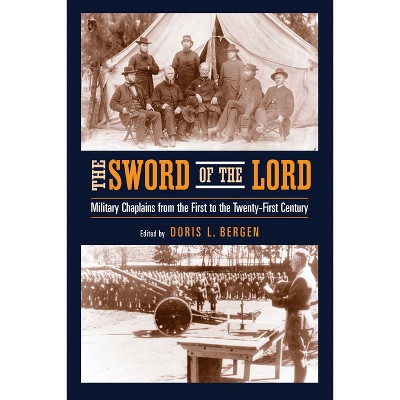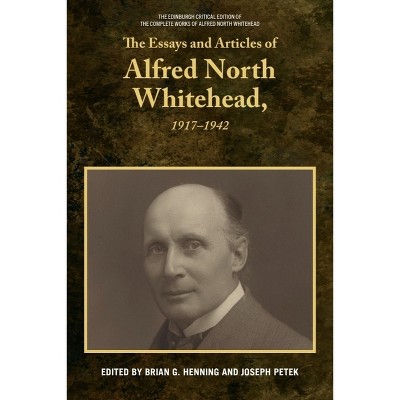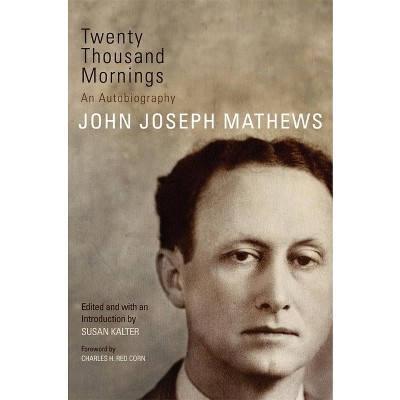Revival - (Critical Conditions: Field Day Essays and Monographs) by P J Mathews (Paperback)

About this item
Highlights
- P. J. Mathews argues against the received opinion that the Irish Revival was a purely mystical affair of high culture characterized by a preoccupation with a backward-looking Celtic spirituality, nostalgia for Gaelic Ireland, and anti-modern traditionalism.
- About the Author: P. J. Mathews is lecturer in English, St. Patrick's College, Drumcondra, Ireland.
- 218 Pages
- Performing Arts, Theater
- Series Name: Critical Conditions: Field Day Essays and Monographs
Description
About the Book
P. J. Mathews argues against the received opinion that the Irish Revival was a purely mystical affair of high culture characterized by a preoccupation with a backward-looking Celtic spirituality, nostalgia for Gaelic Ireland, and anti-modern traditionalism. Instead, he claims, the time of the Irish Revival was a progressive period that witnessed the cooperation of various self-help movements--the Abbey Theatre, the Gaelic League, and the Irish Agricultural Organization Society--which encouraged local modes of material and cultural development. These different groups were bound together by their willingness to use traditional cultural forms as the basis for an alternative modernization project. Mathews points out that these self-help initiatives were so successful that they very quickly opened up a sphere of influence rivaling that of parliamentary politics. Much of this activity laid the groundwork for the emergence of the Sinn Fein in 1905. Making use of important theater productions of the period, Mathews skillfully traces the connections and overlaps among these radical movements and demonstrates that the self-help idea was crucial to the decolonization and modernization of Irish society during the early years of the twentieth century.Book Synopsis
P. J. Mathews argues against the received opinion that the Irish Revival was a purely mystical affair of high culture characterized by a preoccupation with a backward-looking Celtic spirituality, nostalgia for Gaelic Ireland, and anti-modern traditionalism. Instead, he claims, the time of the Irish Revival was a progressive period that witnessed the cooperation of various self-help movements--the Abbey Theatre, the Gaelic League, and the Irish Agricultural Organization Society--which encouraged local modes of material and cultural development.
These different groups were bound together by their willingness to use traditional cultural forms as the basis for an alternative modernization project. Mathews points out that these self-help initiatives were so successful that they very quickly opened up a sphere of influence rivaling that of parliamentary politics. Much of this activity laid the groundwork for the emergence of the Sinn Fein in 1905. Making use of important theater productions of the period, Mathews skillfully traces the connections and overlaps among these radical movements and demonstrates that the self-help idea was crucial to the decolonization and modernization of Irish society during the early years of the twentieth century.
Review Quotes
"... a wonderfully illuminating accomplishment. Mathews writes that he hopes with this book to begin a renewed analysis of a legacy that has been neglected, misrepresented and trivialized in recent years. With Revival he has done much more than begin that process, challenging, broadening, and deepening our understanding of both underlying patterns and specific works, and in the process bringing the revival alive again in its full synergy and relevance." --Irish Literary Supplement
"... brief, elegant but powerful.... As a cultural critic, Mathews displays that same blend of imagination and practicality which he celebrates in his subjects, making his book an exercise in New Historicism of the best kind." --Times Literary Supplement
"Revival represents an important contribution...." --Theatre Research International
About the Author
P. J. Mathews is lecturer in English, St. Patrick's College, Drumcondra, Ireland. He is the editor of New Voices in Irish Criticism and director of the annual Parnell Summer School.
Shipping details
Return details
Trending Poetry






